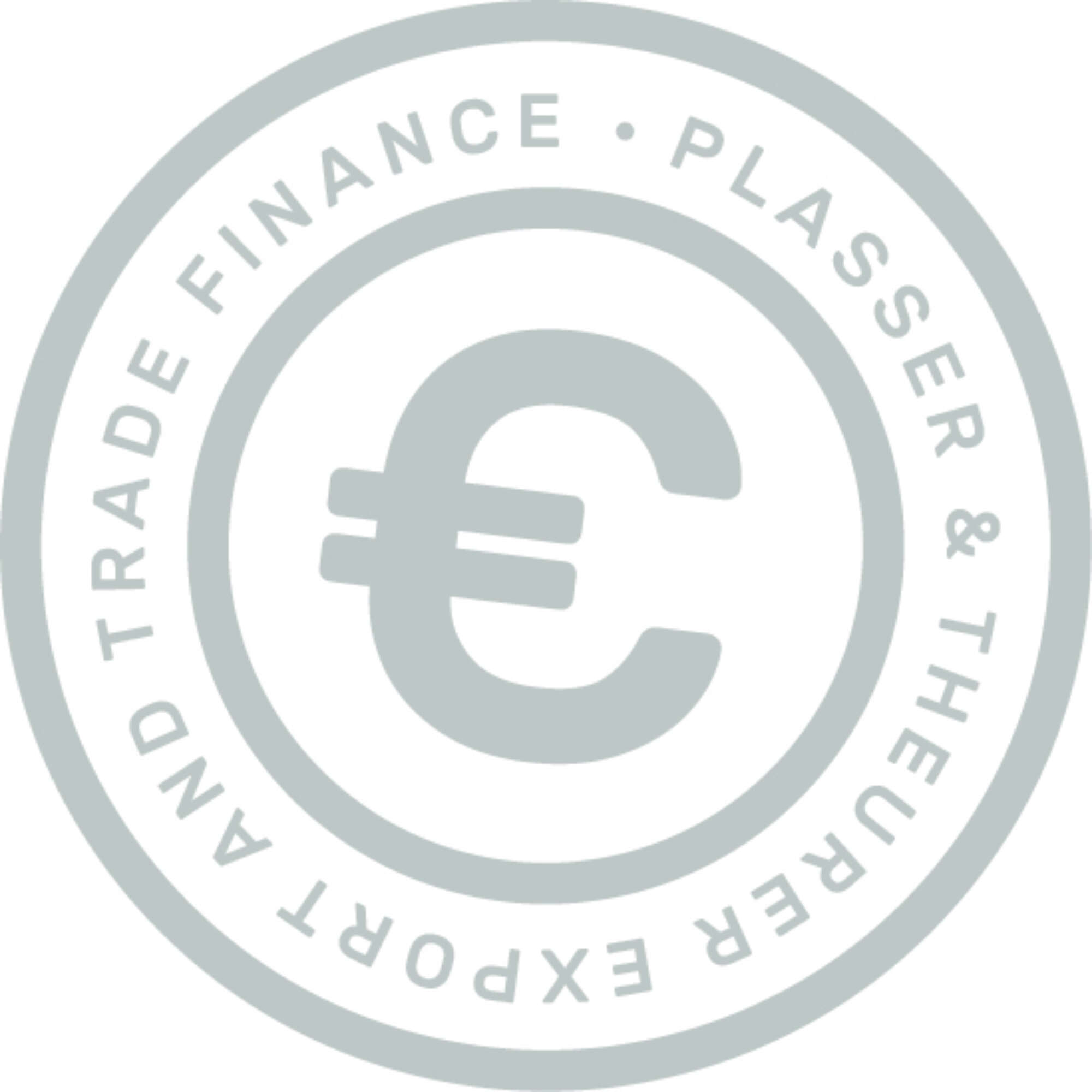 today 136
today 136
Plasser & Theurer is the world’s leading manufacturer of railway machinery. In addition to our technical expertise, we also have in-depth knowledge of export financing. Our goal is to help you find the right financing option for your railway machinery by providing solutions tailored to your needs as well as access to a wide network of international banks.
A buyer’s credit is a financing alternative for cross-border transactions. It is tied to the supply contract between Plasser & Theurer (the exporter) and the customer (the importer). We act as a financial intermediary.
The terms of a buyer’s credit are set forth either in an individual loan agreement or as part of an existing framework agreement. There are two options for concluding an individual loan agreement: either it is between Plasser & Theurer’s bank and the importer directly or between Plasser & Theurer’s bank and the importer’s bank. In the case of an existing framework agreement, the two banks conclude the loan agreement.
Upon confirmation that the machines and services have been delivered in accordance with the agreement, the buyer's credit is disbursed directly to Plasser & Theurer. Risks in connection with the supply contract and the loan agreement are covered by a guarantee issued by an Export Credit Agency (ECA) in the exporter’s country. The ECA in Austria is the Oesterreichische Kontrollbank AG. This guarantee is a prerequisite for any buyer’s credit.
Depending on the structure of the project (volume, repayment period, etc.) as well as the creditworthiness of the parties to the agreement (customer, bank, countries), additional securities may be required. A state guarantee issued by the Ministry of Finance in the customer’s country is one example.
The actual terms of financing depend on the structure of the project and the creditworthiness of the parties to the agreement.
In addition to export financing at commercial rates, as a Plasser & Theurer customer who fulfils certain requirements you may be able to finance your next purchase under the terms of a soft loan. Soft loans are concessional loans with especially favourable terms. They are made available to public institutions for select projects (projects that are financially unsustainable with insufficient cash flow to finance them on commercial terms); they fund Austrian exports to developing and emerging markets, for example. Soft loans are characterised by low interest rates, grace periods, and long repayment periods.
International financial institutions (IFIs) are globally active organisations whose aim is to provide member states – donor countries and borrower countries – a combination of financing, consulting, and technical expertise. This combination finances projects which help countries develop further. IFIs finance these projects either on the basis of long-term loans (usually below market rates) or through grants.
Plasser & Theurer’s products are essential for building rail infrastructure, which means they have a key role in countries’ development. Therefore, it is possible that a supply contract will be drawn up within the scope of an IFI-funded project; however, the purchase of railway machinery is often part of infrastructure projects entailing large volumes.
Implementing such projects means that several prerequisites must be in place; they include the political will of governments and IFI decisions favouring the project, among others.

A letter of credit (L/C) is an internationally recognised payment and hedging instrument. It is an integral part of the global trade finance scene. An L/C represents a bank's abstract obligation to pay the exporter, named in the L/C as the beneficiary, upon presentation of the conforming documents. The L/C also serves as a guarantee for the importer: the exporter only receives payment after proving they have met their obligations (for example, machine delivery).
According to this type of L/C, the exporter does not receive payment immediately upon delivery, but instead at a later period specified in the L/C. In this case, the L/C serves as a financing tool for short-term periods (usually between 30 and 360 days).
L/C post-financing is a financial instrument whereby the bank in the exporter’s country issues a mid-term loan (approx. up to two years) to the importer’s bank, which opened the L/C. You benefit from later payment, whereas Plasser & Theurer receives the amount of the supply contract upon presentation of the L/C conforming documents. Depending on the customer’s creditworthiness and that country’s credit rating, an additional guarantee may be necessary; it may take the form of a bank or an ECA guarantee.
There are many options for financing your supply contract with Plasser & Theurer. International leasing or a supplier’s credit are other examples in addition to those described above.
Please contact the relevant Plasser & Theurer sales manager or local representative with your specific enquiry. Our experts are delighted to answer your questions and help you find the ideal financing option for your project.